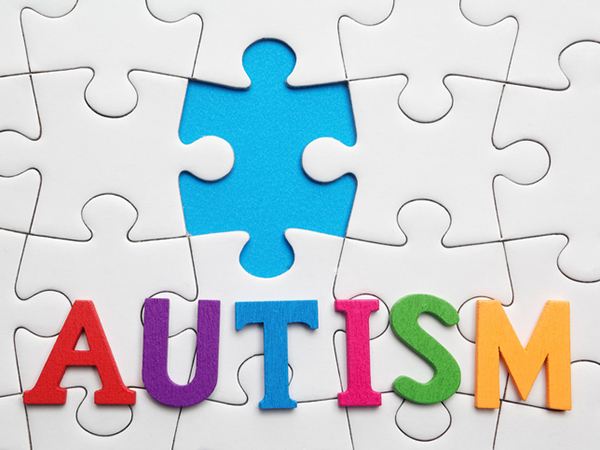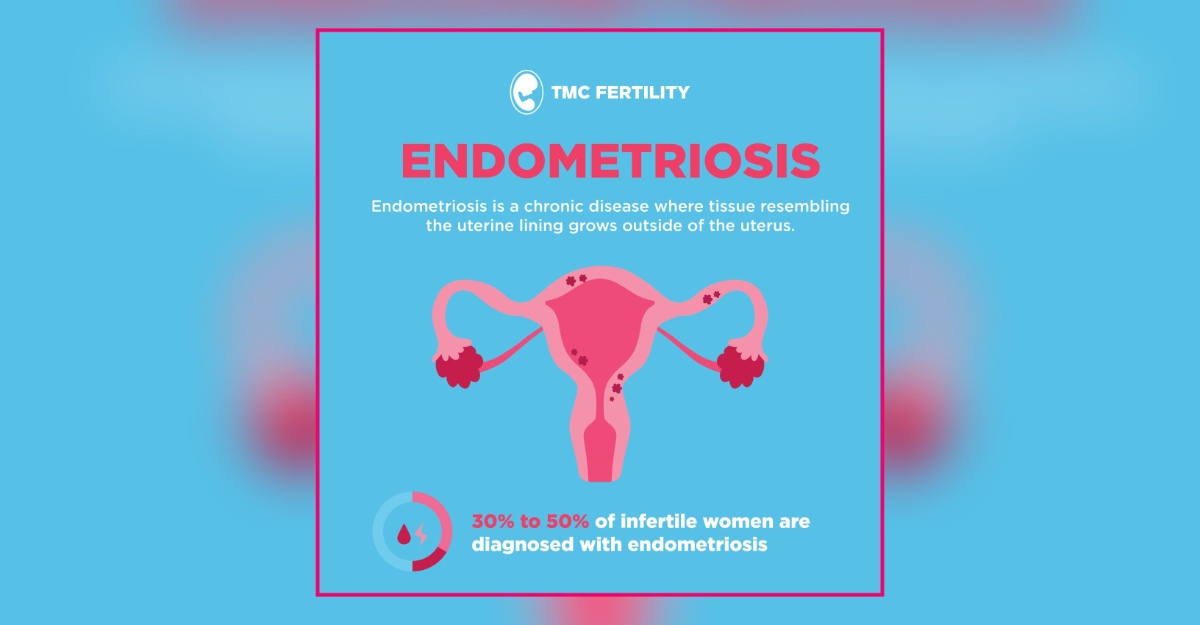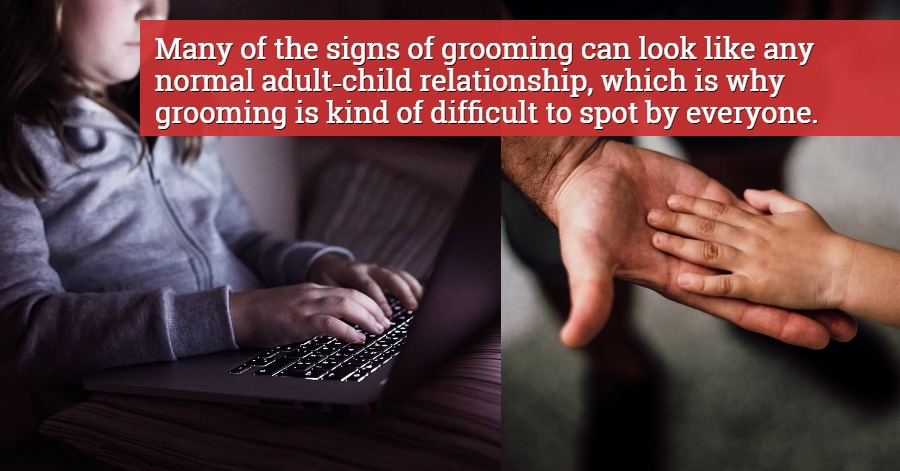The particular date of 2nd April 2021 would be the exact date of the celebration for the World Autism Awareness Day being celebrated all over the world. This kind of celebration should be given more spotlight and recognition so that there would be many people who become aware of autism that is happening. Autism is a developmental disorder characterized by difficulties with social interaction and communication, and by restricted and repetitive behavior.
Usually, the signs of autism can be easily detected since the children are at such a young age already. Parents just have to be more knowledgeable about the signs so that fast treatment could be done towards their beloved children. It could be tricky to notice at times as there is no single cause for it and symptoms can be very mild or very severe.

Picture: Google
1) By The Age Of 6 Months Old
- Few or even no big smiles or other warm, joyful, and also engaging expressions towards other people.
- Limited or even no eye contact with other people.
2) By The Age Of 9 Months Old
- Little or even no back-and-forth sharing of sounds, smiles, or other facial expressions when people talk to them.
3) By The Age Of 12 Months Old
- Little or even no babbling.
- Little or even no back-and-forth gestures such as pointing, showing, reaching or waving when show reaction.
- Little or even no response to name when being called.
4) By The Age Of 16 Months Old
- Very few or even no words.
5) By The Age Of 24 Months Old
- Very few or even no meaningful, two-word phrases (not including imitating or repeating).
6) At Any Age Of Life
- Loss of previously acquired speech, babbling, or social skills.
- Avoidance of eye contact.
- Persistent preference for solitude.
- Difficulty understanding other people’s feelings.
- Delayed language development.
- Persistent repetition of words or phrases (echolalia).
- Resistance to minor changes in routine or surroundings.
- Restricted interests.
- Repetitive behaviors (flapping, rocking, spinning, etc.).
- Unusual and intense reactions to sounds, smells, tastes, textures, lights, and/or colors.
Sources: CDC, Cerebral Palsy Guide

























